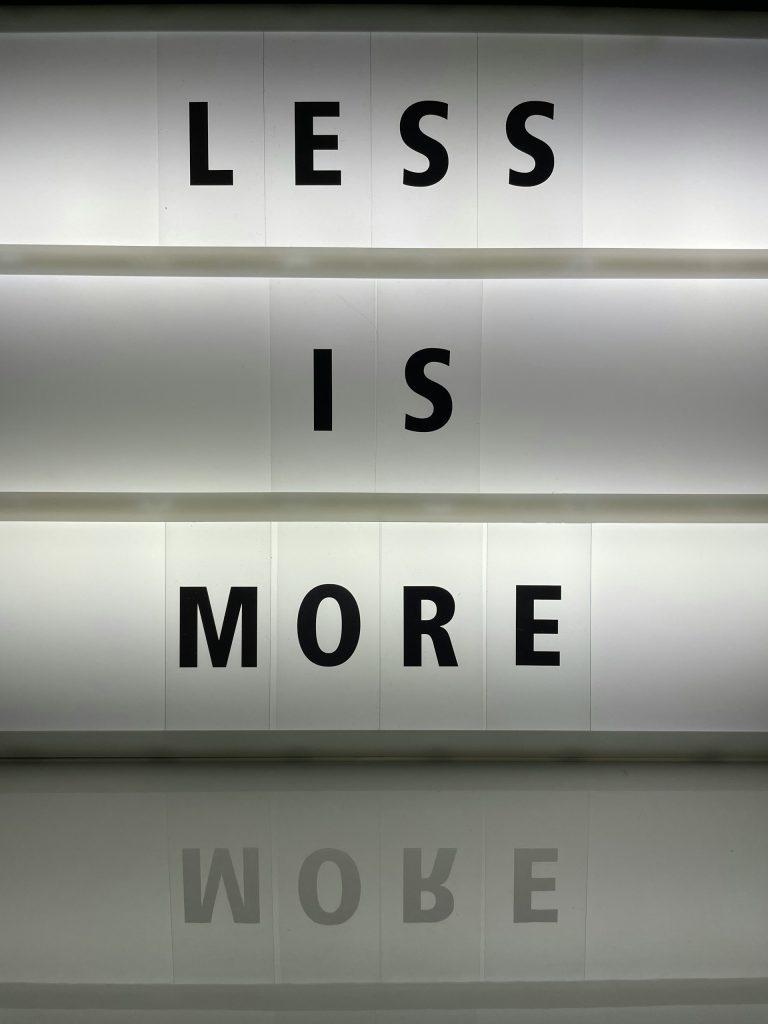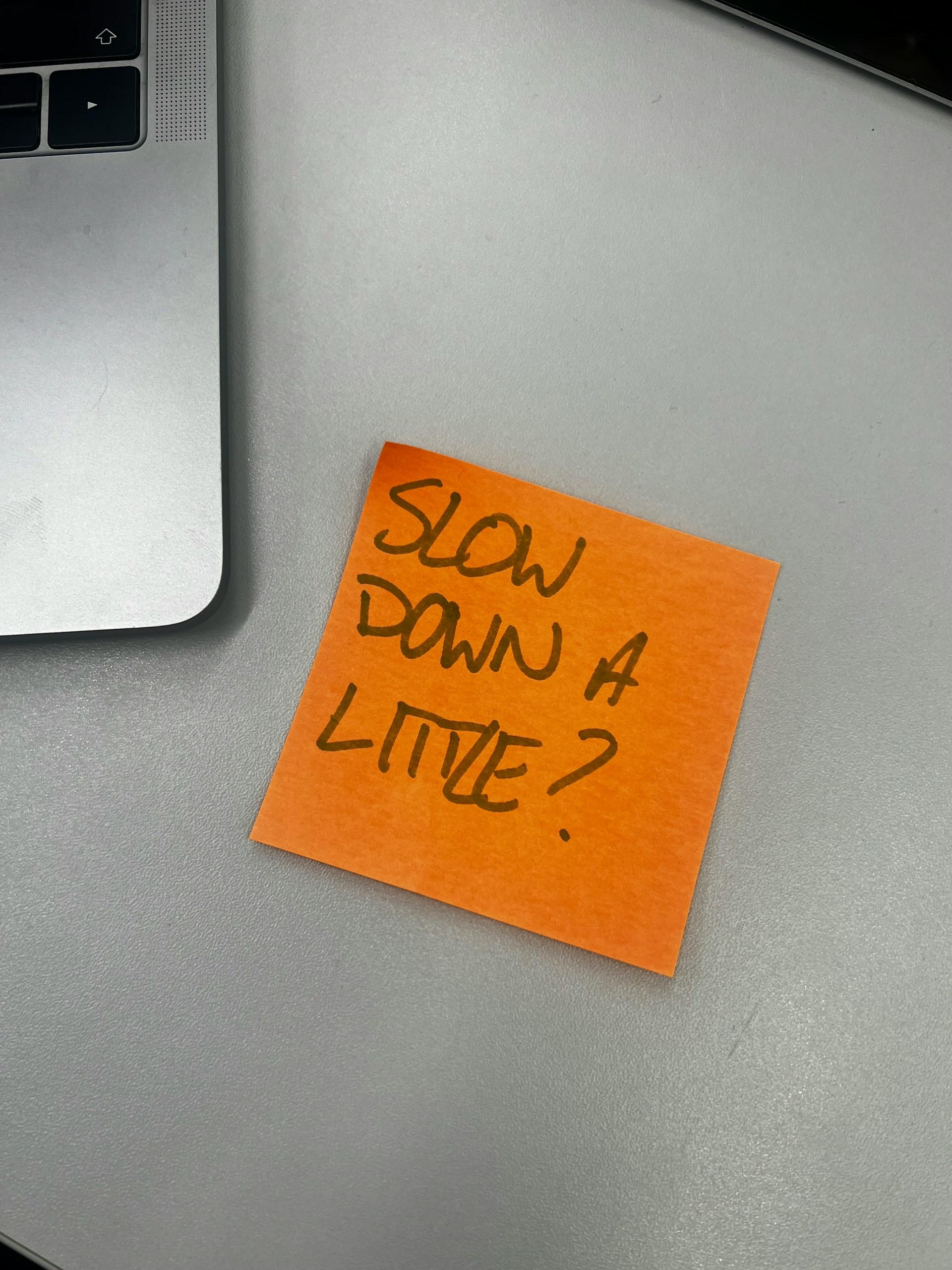Let’s be honest: chasing the “perfect day” is exhausting. Inbox zero, morning yoga, a full water bottle,
cheerful meetings, inbox zero again… who has the time? The truth is, setting the bar sky-high every
single day isn’t noble. It’s a fast-track to burnout.
Enter: the “good enough” day.
This might sound controversial in a world obsessed with optimisation. But positive psychology scientists,
and thinkers like Oliver Burkeman (author of The Antidote and Four Thousand Weeks), make a compelling
case for it: sometimes, doing less is what actually helps us feel more.

The Problem With Always Striving
One of the tenets of toxic productivity culture is that our value is tied to what we achieve. But positive
psychology reminds us that flourishing isn’t the same as hustling. It’s about having a life that feels rich
and meaningful—not just one that looks good on LinkedIn.
When we treat every day like it needs to be a highlight reel, we rob ourselves of the joy found in the
mundane. As Burkeman argues, embracing limits is actually what frees us to focus on what matters.
Otherwise, we live in a constant state of unfinished lists and quiet self-criticism.
The Science of Enough
Research backs this up:
- Studies in self-compassion (Kristin Neff, 2003) show that people who are kind to themselves are more resilient and less prone to anxiety and depression.
- Barbara Fredrickson’s research on positive emotions shows that experiencing small moments of joy, contentment, and connection—even on low-key days—helps build resilience and long-term wellbeing.
- Research on psychological flexibility (Kashdan & Rottenberg, 2010) shows that the ability to adapt and pivot, not power through, is key to thriving.

What a “Good Enough” Day Could Look Like
- You answered three emails instead of 30.
- You walked to work but skipped the gym.
- You made toast for dinner (sorry Jamie Oliver).
- You showed up, but not at 110%. (Because who invented that number anyway?)
These aren’t failures. They’re choices that preserve energy, attention, and mood.
Good Enough Doesn’t Mean Not Caring
Choosing “good enough” isn’t about being lazy or letting people down. It’s about being human. It’s
knowing that your worth doesn’t hinge on productivity. It’s about resisting perfectionism so you can stay
connected to what actually matters: your health, your relationships, your peace of mind.
And let’s be real—sometimes people who appear endlessly productive could be lying, outsourcing, or on
the verge of a breakdown.

A Final Thought
If your bar today is brushing your teeth, drinking some water, and not shouting at your inbox—congrats.
That’s a good enough day. And enough good-enough days? They add up to a pretty great life.
So go ahead. Lower the bar. Then dance limbo-style under it with your dignity (and nervous system)
intact.




